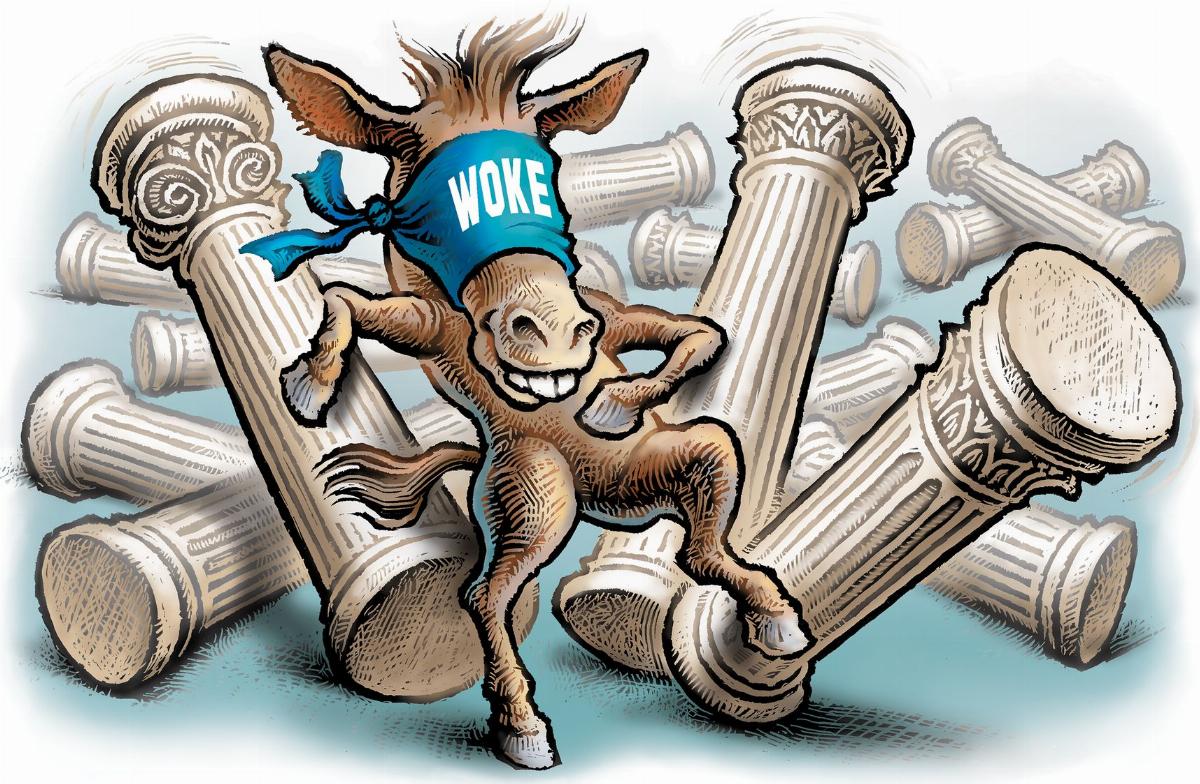
Why Woke Branding Fails: The Economic Risks of Corporate Activism
Adopting a "woke" brand image, aligning with social causes, may seem like a smart move for companies to engage with socially conscious consumers. However, the financial payoff is often unpredictable and can even backfire.
Research shows that while many consumers appreciate companies taking a stance, this doesn't always translate into sales. A survey by Edelman found that 64% of consumers say they buy or boycott based on a brand's stance. However, only a small percentage actually change their buying habits. Nike's 2018 Colin Kaepernick campaign saw a short-term sales boost, but also led to political backlash and fluctuating stock prices, highlighting the risks of polarization.
In some cases, the economic cost is substantial. Gillette’s campaign addressing toxic masculinity led to backlash, boycotts, and a reported $8 billion loss for parent company Procter & Gamble. Brands may see short-term social media engagement, but this doesn’t guarantee long-term growth. According to Sprout Social, only 20% of consumers engage with brands on social issues in ways that impact revenue.
The perception of inauthenticity can also hurt companies. Pepsi’s 2017 ad with Kendall Jenner, seen as trivializing social movements, led to widespread outrage and financial damage. Consumers quickly detect when a company’s woke messaging doesn’t match its actions, causing distrust.
In conclusion, while woke branding can create temporary buzz, the long-term financial impact is often negative. Brands that rely too heavily on social causes risk alienating customers and facing unpredictable economic fallout.
Stichworte
Quellen







